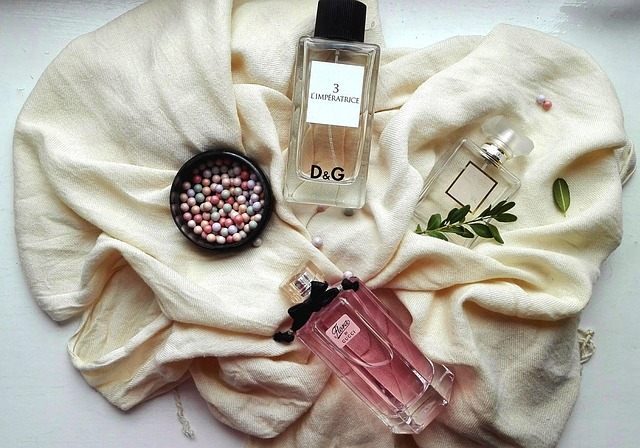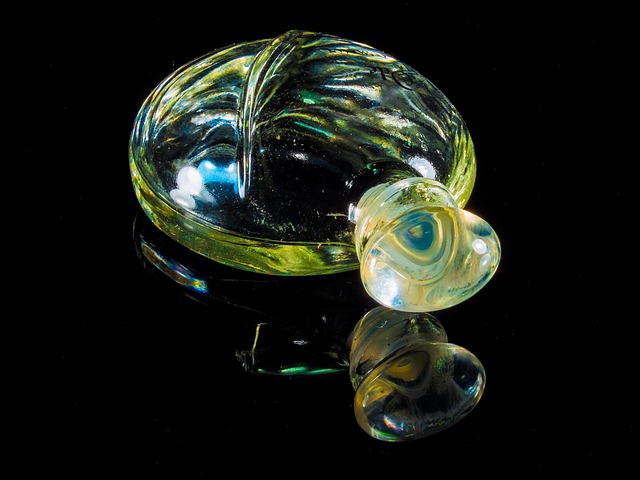Montblanc Perfume's luxurious scent profiles may cause fabric staining and skin irritation if not used carefully. Understanding fragrance testing methods helps prevent stains by identifying potential agents through swab and fabric sample rubbing and washing. Sensitive skin requires patch tests and natural ingredients to avoid irritation, rashes, and harsh chemicals found in popular scents like Montblanc Perfume and Montblanc Cologne.
Unsure if the Montblanc Perfume will leave unsightly stains or cause skin irritation? This comprehensive guide addresses your concerns. We delve into the composition of Montblanc Perfume, identifying potential irritants that could affect sensitive skin. Additionally, we explore fragrance staining – understanding materials and testing methods – to ensure your garments remain unmarred. Learn effective prevention strategies for reactions, empowering you to make an informed choice about this popular scent.
- Montblanc Perfume: Composition and Potential Irritants
- Fragrance Staining: Materials & Methods of Testing
- Sensitive Skin: Reaction & Prevention Strategies
Montblanc Perfume: Composition and Potential Irritants

Montblanc Perfume, known for its luxurious and sophisticated scent profiles, is a popular choice among many. However, when considering whether this fragrance will stain clothes or irritate sensitive skin, it’s crucial to examine its composition. The perfume typically blends notes of citrus, floral, and woody elements, creating a complex aroma that lingers on the skin. While these natural ingredients can be pleasant, they may also contain potential irritants for some users.
Montblanc Cologne, like many perfumes, often includes synthetic compounds designed to enhance the scent’s longevity and fixatives that help it cling to fabrics. These additives could lead to staining if not applied correctly or if left untreated. Additionally, certain individuals with sensitive skin might experience irritation from the fragrance due to its aromatic concentration. Therefore, it’s advisable to test a small amount on the skin before full application to ensure compatibility.
Fragrance Staining: Materials & Methods of Testing

When it comes to fragrance staining, understanding the materials and methods used in testing is key. With popular scents like Montblanc Perfume and Montblanc Cologne, manufacturers employ various techniques to ensure their products won’t leave unwanted marks on fabrics. Typically, a small amount of the perfume or cologne is applied to swabs or fabric samples, which are then subjected to rigorous rubbing and washing procedures mimicking real-life usage. This process helps detect any potential staining agents present in the fragrance composition.
The testing methods not only assess the potential for clothing discoloration but also consider different types of fabrics. From delicate silks to sturdy cottons, these materials vary in their susceptibility to stains. As a result, manufacturers can tailor their formulas and recommendations accordingly, ensuring that users are informed about any special care requirements for maintaining the integrity of their garments while enjoying the scent of Montblanc Perfume or Montblanc Cologne.
Sensitive Skin: Reaction & Prevention Strategies

Sensitive skin can react differently to fragrances, so it’s crucial to be mindful when choosing a scent, especially for those who rely on delicate perfumes like Montblanc Perfume or Montblanc Cologne. While many fragrances are formulated with sensitive skin in mind, some ingredients can trigger irritation, redness, or even rashes. Those with historical reactions to certain scents or contact dermatitis should exercise extreme caution.
To prevent any adverse reactions, it’s recommended to conduct a patch test before fully embracing a new perfume. Apply a small amount of the Montblanc Perfume or Montblanc Cologne to a discreet area of skin and monitor for 24-48 hours for any signs of irritation. Additionally, opt for perfumes with gentle, natural ingredients and avoid those containing harsh chemicals, alcohol, or strong synthetic fragrances. Regularly cleaning your skin and rotating through different scents can also help manage sensitive skin reactions.
